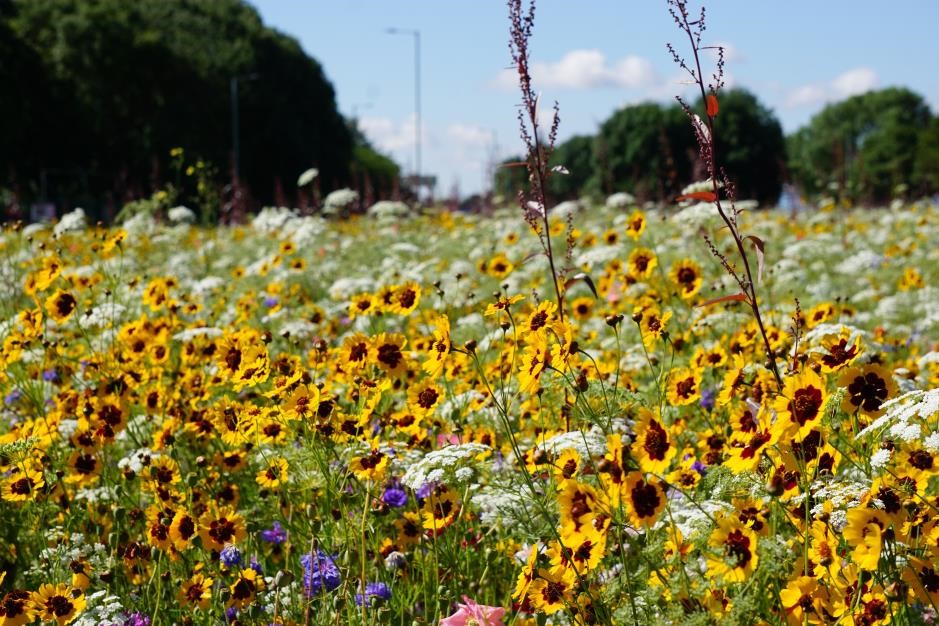A strategic approach to how the council manages Biodiversity Net Gain (BNG) requirements will be discussed by cabinet this month.
Mandatory legislation in England was introduced in February 2024 stating that all developments must deliver a 10 per cent increase of BNG, resulting in more or better-quality natural habitats.
The new approach, should it be implemented by Hull City Council, would help to ensure these requirements can be met across the city whilst also enabling sustainable economic growth and development.
Part of the plans include recruiting an open spaces development officer whose time would be prioritised to work on BNG which will be supported by £27,000 of funding from DEFRA.
The council has already worked with experts Atkins Realis to identify a number of council-owned open spaces across Hull that have the potential to be used to create habitat banks which would help to offset current costs of development.
Cllr Charles Quinn, portfolio holder for environment at the council, said: “In a dense, urban environment, ensuring Biodiversity Net Gain is a challenge, but one that the council is ready to face head on as we reaffirm our commitment to improving biodiversity while supporting sustainable development.
“Wildflower areas and open green space can be biodiverse havens and, should this strategic approach be implemented, would improve access to nature for local communities and provide educational opportunities for the public too.”
